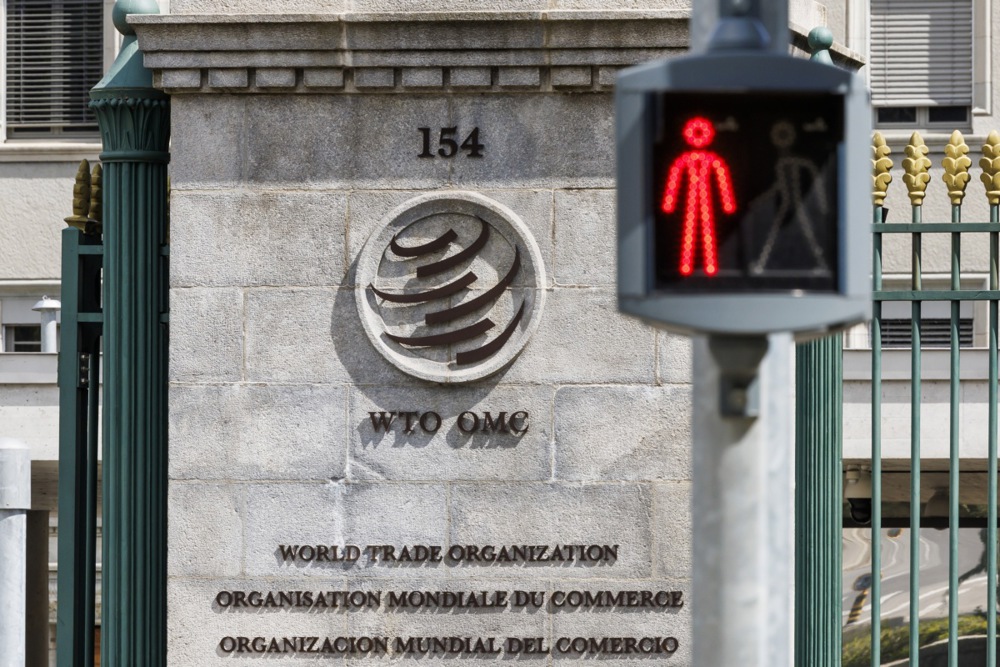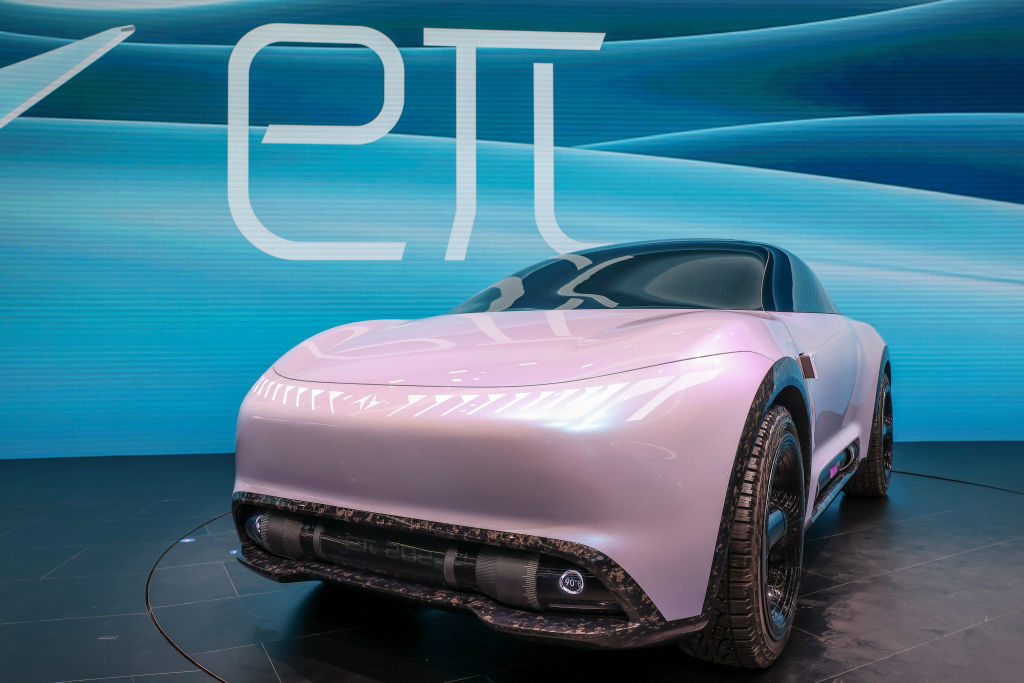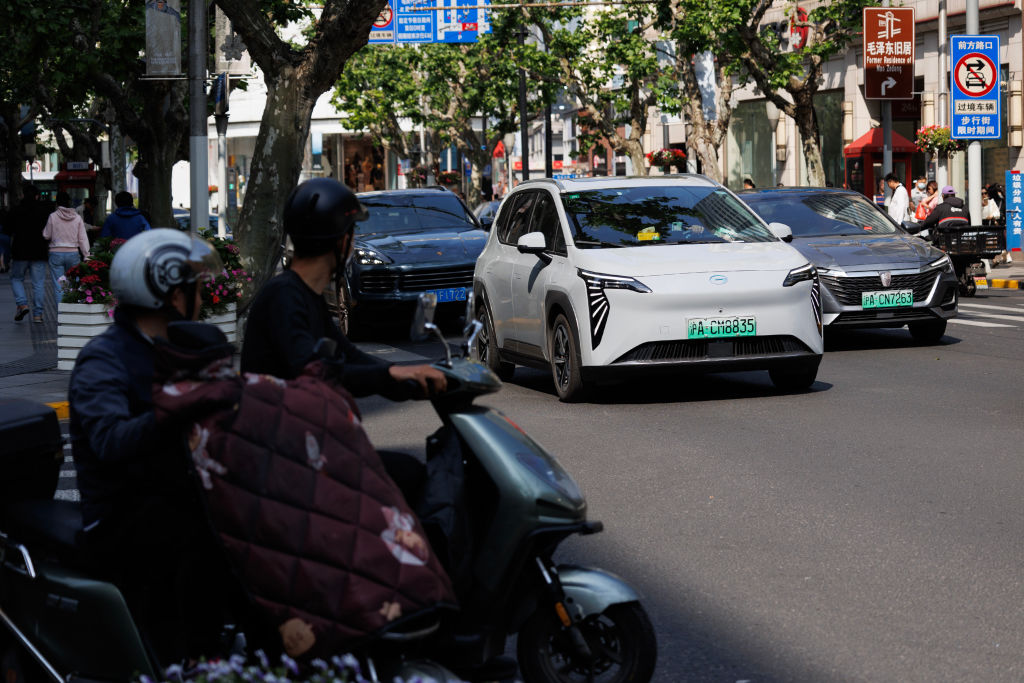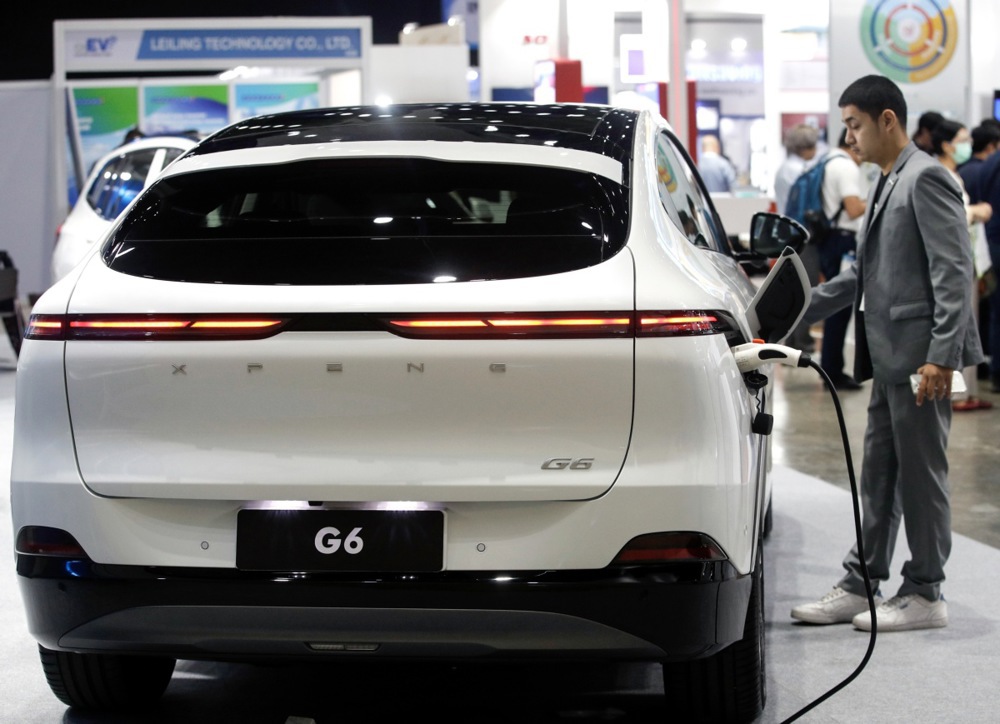The EU has potentially escalated its trade conflict with Beijing, with the European Commission getting the blessing of member states to implement tariffs on Chinese-made electric vehicles.
The decision is likely to have broader implications for the automobile industry, as well as EU-China trade more generally, with many fearing that the communist state could retaliate over the perceived slight.
Brussels has however insisted in a statement that the tariffs are “necessary” in order to protect European companies.
“The European Commission’s proposal to impose definitive countervailing duties on imports of battery electric vehicles (BEVs) from China has obtained the necessary support from EU Member States for the adoption of tariffs,” the European Commission said in a statement.
The EC decision followed extensive debates that highlighted a division of opinions among member states.
German Finance Minister Christian Lindner voiced a cautious stance just days before the vote, stating on October 2 that “a trade war with China would do us more harm than good for a key European industry and a crucial sector in Germany.”
French President Emmanuel Macron by contrast backed the punitive measures, saying on October 2 that the level of Chinese subsidies was “unbearable”.
“Broadly we have to protect the level playing field in all the different sectors of our industry,” he said.
Ultimately, the lack of a majority among member states on the issue allowed the Commission to make the final decision.
Countries in favour of the tariffs, included France, Bulgaria, and the Netherlands — representing nearly 46 per cent of the EU population while twelve member states abstained from the vote, including Belgium and Greece, which accounted for approximately 31 per cent of the EU population.
Notably, five nations — Germany, Hungary, Malta, Slovenia, and Slovakia — stood against the tariffs.
The China Chamber of Commerce to the EU expressed its discontent with the decision, labelling the anti-subsidy investigation into Chinese electric vehicles as a “politically motivated and unjustified protectionism measure.”
They urged the EU to “prioritise through dialogue and consultation”. They warn the EU to “approach the final measure [tariff of EV] with caution”.
As trade relations between the EU and China continue to turn sour, the EC said that they are still working to explore an alternative solution with Beijing.
However, the current environment is filled with tension, as China has initiated its anti-dumping investigation into EU subsidies for dairy products and is considering tariffs on European brandy.
Trade tensions between Brussels and Beijing appear to be deteriorating, with China opening an anti-dumping investigation into EU subsidies for certain dairy products. https://t.co/2zit16HsFl
— Brussels Signal (@brusselssignal) August 21, 2024
European automakers have expressed alarm over the decision.
“Today’s vote is a fatal signal for the European automotive industry. What is needed now is a quick settlement between the EU Commission and China to prevent a trade conflict from which no one gains,” BMW CEO Oliver Zipse said.
He emphasized the need for a swift resolution between the EU and China to prevent a trade conflict.
“The fact that Germany voted against the tariffs is an important signal and increases the chances for a negotiated settlement,” Zipse added.
Hildegard Mueller, president of Germany’s automotive lobby VDA, echoed these concerns, stating: “A trade conflict only knows losers.”





